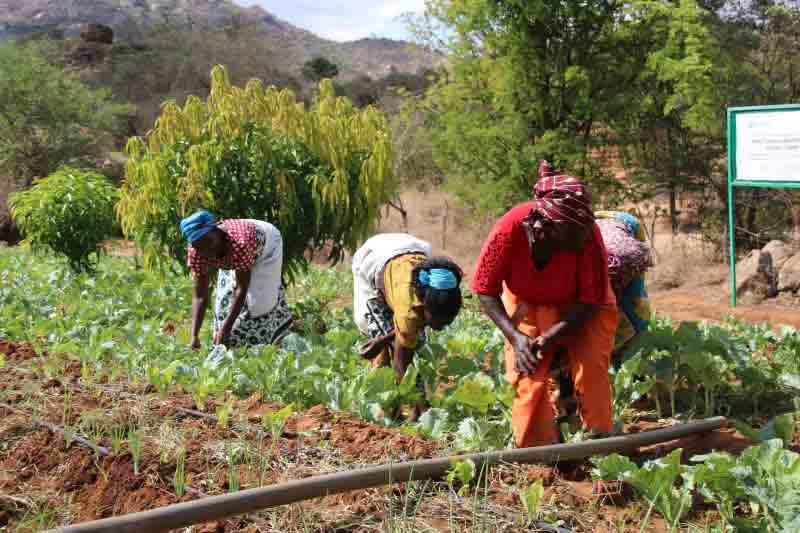
Failure to implement existing land policies is to blame for marginalisation of women in land ownership rights. “It’s not the absence of land policies that are marginalising women, but the absence of implementation of these policies,’’ said Lands and Physical Planning Cabinet Secretary Farida Karoney.
She was speaking on Wednesday in Nairobi during the Intergovernmental Authority on Development (Igad) Regional Women’s Land Rights conference. The meeting brought together directors and ministers for gender or women affairs of seven Igad member States namely Kenya, Djibouti, South Sudan, Uganda, Somalia, Ethiopia, and Sudan.







